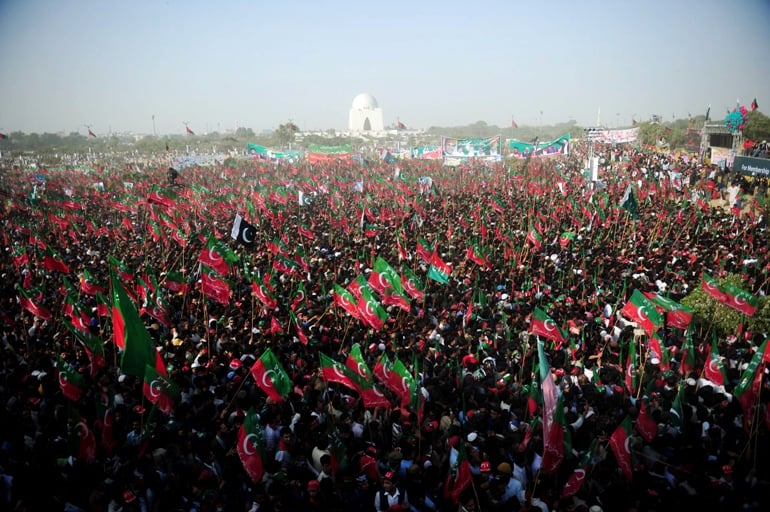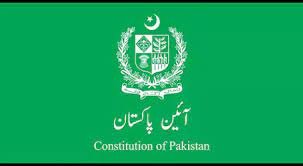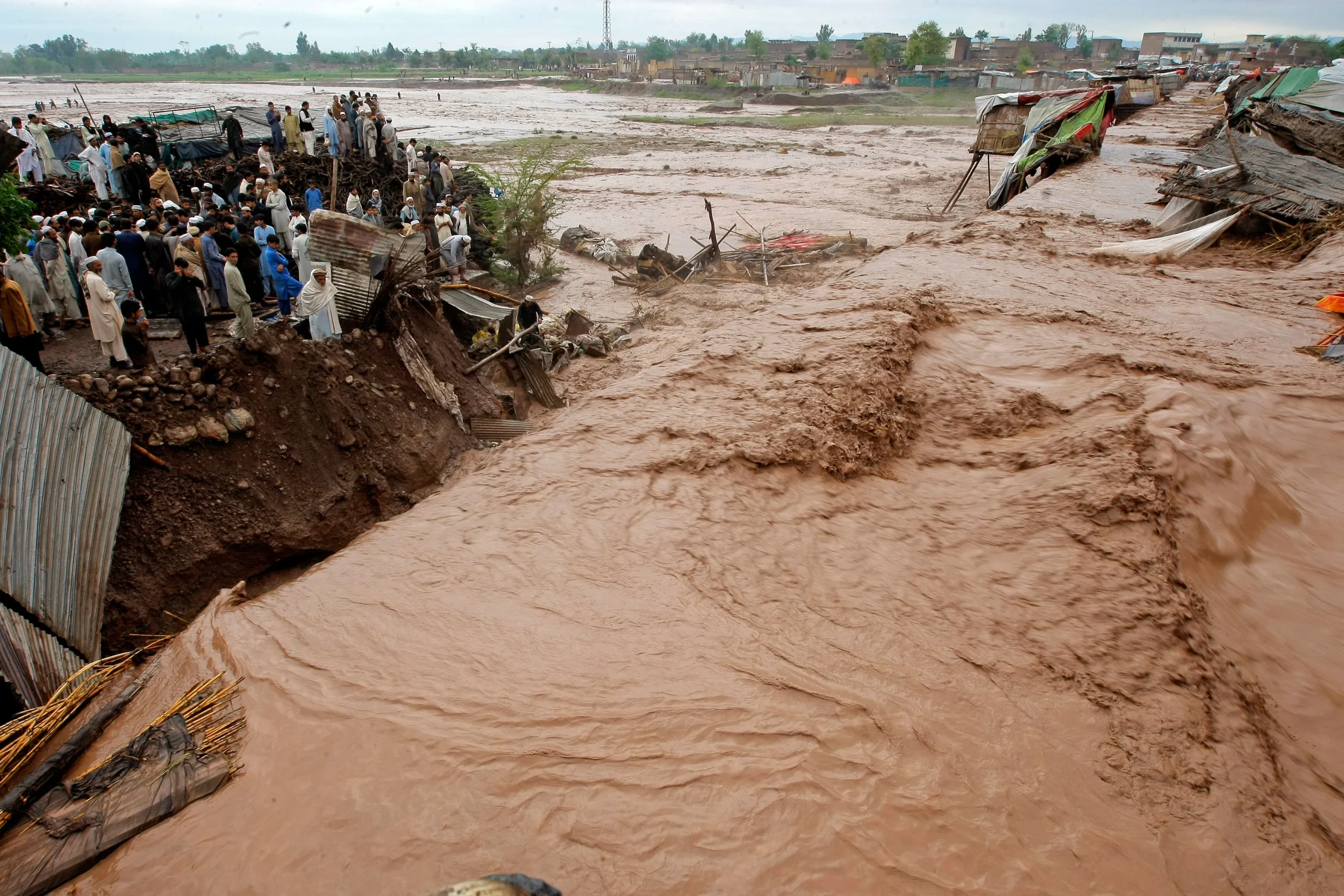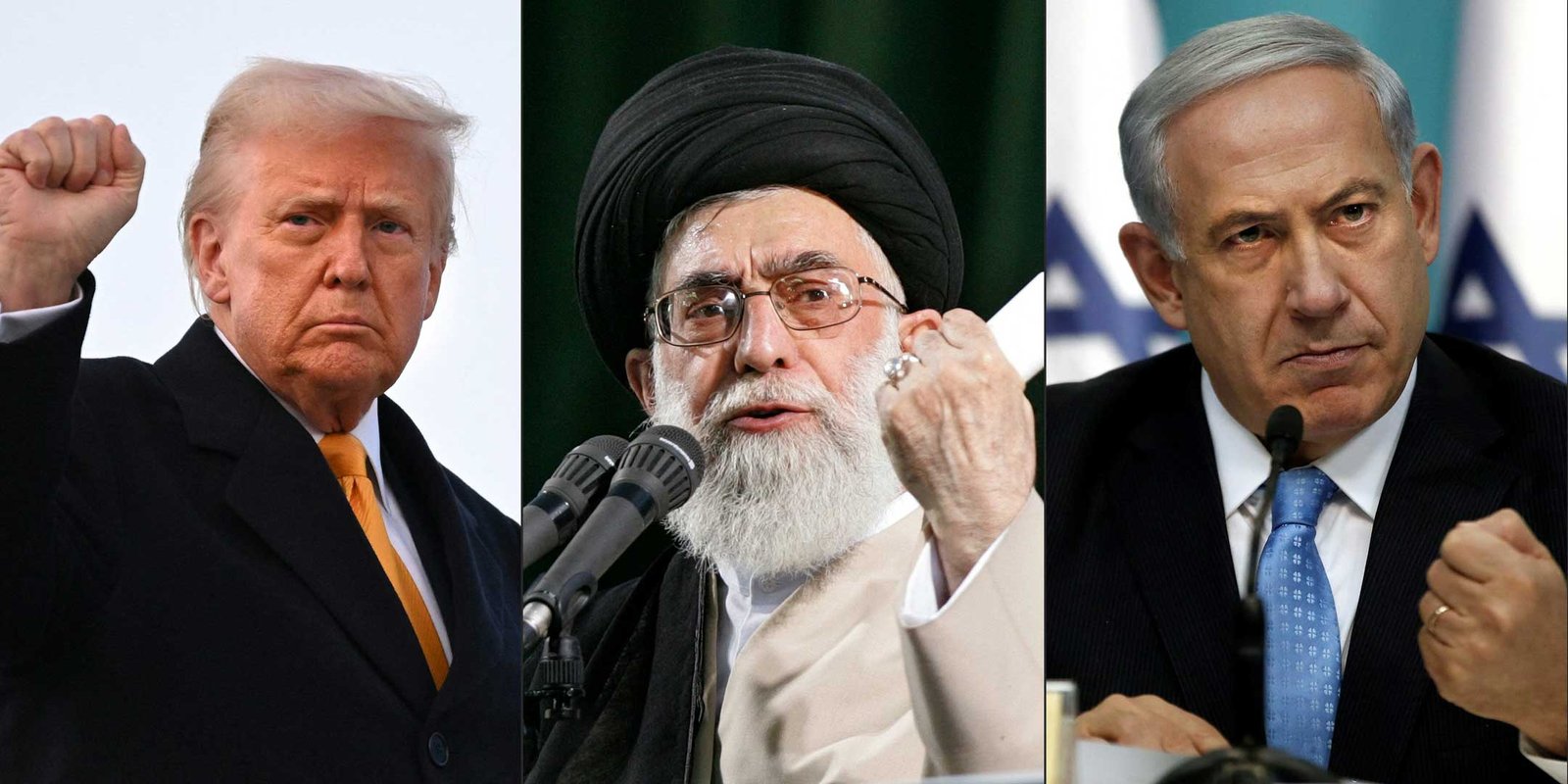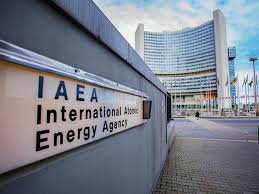Editorial
The Pakistan Tehreek-e-Insaf (PTI) held a press conference to announce a nationwide protest against alleged “large scale polls heist” in the February 8 elections. They claim that their victories were stolen, particularly in Punjab, Karachi, Balochistan, and Islamabad, due to manipulation of results, denial of entry to counting centers, and intimidation of candidates. PTI leaders like Sher Afzal Marwat and Salar Khan Kakar provided anecdotal accounts of irregularities, including vote buying, discrepancies between Form 45 and Form 47, and obstruction by officials. They claim to have clear leads in several constituencies that were overturned in the final results.
However, critics say the press conference lacks concrete evidence to support widespread rigging claims. Individual anecdotes, while concerning, don’t necessarily prove systematic manipulation across the entire election. PTI leaders haven’t presented any independent investigations or official reports substantiating their claims. The Election Commission of Pakistan (ECP) is accused of bias, but no specific examples of their involvement in rigging are provided. Despite the claims of critics, there are logical and widespread calls for rigging in the elections. Even international observers and independent organizations in Pakistan have observed large-scale rigging practices pre and post-elections.
The protest call seems heavily influenced by PTI’s political agenda. Leaders emphasize stolen mandates and the need to free their incarcerated leader, Imran Khan, suggesting the protest isn’t solely focused on electoral integrity. They claim to fight for the “people’s mandate” but don’t offer clear solutions other than demanding Imran Khan’s release. PTI’s call for a peaceful protest on March 2 is a legitimate exercise of democratic rights. However, the potential for escalation and violence cannot be ignored, especially considering the strong emotions surrounding the accusation of stolen mandates.
Lastly, the protest calls of PTI have failed, especially in Punjab and Karachi lately. The fundamental reason is the leadership of these areas, which has not been able to lead the protests. Then, there is an organizational crisis within PTI as interparty elections are yet to be held. Furthermore, their leader, Imran Khan, and other second-tier leaders are also not available, thus creating a leadership vacuum. Furthermore, the candidates and the other leaders have yet to reconsider the ideology of PTI to fight for democracy and the rule of law. Amid state suppression of PTI, it is yet to be seen how they will organize their protests. However, with better mobilization and organized leadership, they can assess people due to their soaring popularity. Finally, they may consider sit-ins rather than flash protests in order to feel their presence in the corridors of power.
Please, subscribe to the YouTube channel of republicpolicy.com



